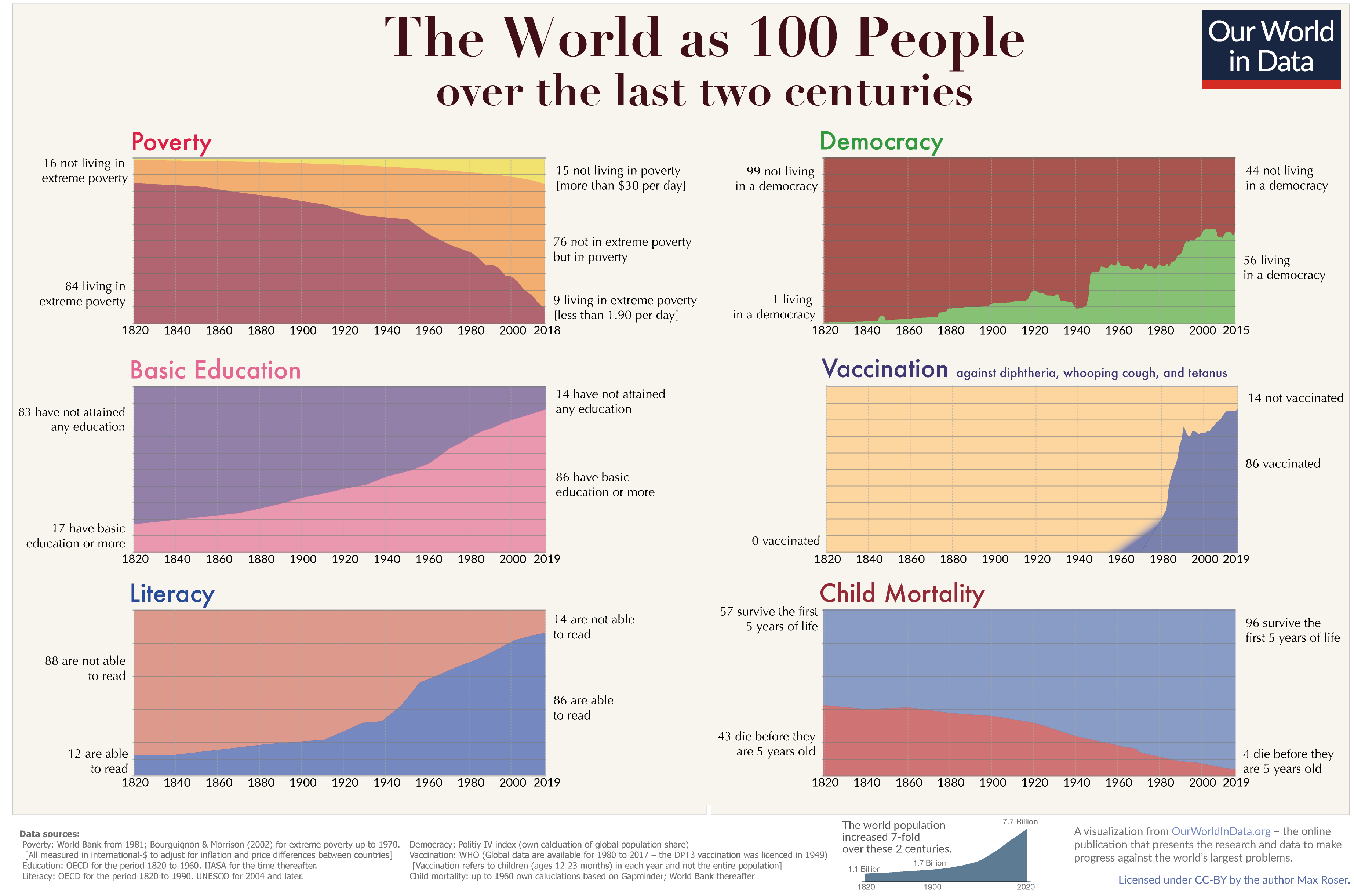

So it’s not the best analogy.


So it’s not the best analogy.


I don’t think that’s quite right. The act of changing the channel wouldn’t have impacted the station’s ad revenue because the tech couldn’t tell if the ad was served. On YouTube you actually deprive the site of ad revenue with an ad blocker. And if enough people do it, you could also deprive creators of material earnings.


Mate, a good third of the countries on that list are currently suffering such brutal ethnic violence that it might be considered genocide. Close to half are riddled by islamic terrorism, usually directed towards ethnic minorites. At least two of them are in the middle of civil wars.


There’s a not insignificant chance that it’ll be the secured creditors’ company soon 😂


To be fair, this is how people tend to react to change, generally. I remember every time Facebook or YouTube did a site redesign in the early 2010s people were always up in arms.
Jake and Amir parodied this well in their “Facebook Redesign” episode.


On the other hand, Google/Apple Pay are both pretty great products that replace a horrendous legacy payments system. Recall that for like 40 years the most innovative consumer payment system looked like this. And it was essentially a duopoly as well (Visa/Mastercard).
At the end of the day, cash is still a thing as well.


I just don’t get it. While it’s eased up a bit, we’re still in one of the hottest labour markets of all time. If your job sucks that much, just quit.
I just don’t think that’s supported by the data though. On virtually every measure, living conditions have improved across the globe over the last century. You can pick out specific metrics where things are worse in specific countries (housing is the most obvious example where affordability has declined), but taken as a whole I just don’t see how you can draw any other conclusion.

My grandparents worked 16+ hour days toiling away on a farm doing hard labour for like 60 years. They ate meat and potatoes for nearly every meal because grocery chains weren’t a thing for them (and they didn’t get a fridge until the 60s anyway). A bunch of their family members died of the Spanish Flu and other illnesses that we’ve since cured. That includes both my grandma’s parents when she was maybe 10. The highest-tech thing they owned until they were in probably their 50s was a 13-inch black and white TV that got like 2 channels with its bunny ears.
If you’re saying my biggest issue is that the house I bought cost double or triple than they would have paid in inflation-adjusted terms, I’d say I came out ahead.
I dunno man, my quality of life is like 10x better than my grandparents’ and 1000x better than maybe 8 generations ago, and I’d argue that’s mostly attributable to liberalised free markets.
Edit: on a slightly related topic, Lemmy appears to suffer from the same thing that often prevented Reddit from being a good place to discuss things – it hardly facilitates good faith discussion and ends up mostly an echo chamber in the long run when people downvote things simply because they disagree.
I haven’t read either, but the following two are on my list:


Great cohesive argument.
I can link articles I found in 10 seconds on Google too:


I would argue that grammar is the most relevant bit; it’s the only thing separating the acceptable phrase from the unacceptable phrase, which are otherwise identical.


Quote the part of my comment I wrote that I am against the phrase.


Mate, you’re the one who’s arguing that all black people have the same opinion on this issue and purporting to speak on their collective behalf.


To be fair, I would bet that not all black people are cool with being called a “person of colour” either.


I was hopeful that we would have fewer low effort comments like this on Lemmy since I moved from Reddit.


Yes, I agree it’s a loaded term. Perhaps my disconnect is more how: (a) the loaded term and the acceptable term (in 2023, at least) are functionally identical, with only marginal grammatical separation; and (b) there is such a wide tabboo gap between those margins.


As a non-American, my confusion with this issue is that “coloured people” and “people of colour” are functionally identical phrases in the English language. Using coloured as an adjective vs a noun with “of” gets you to the exact same spot.
I appreciate that there is historical context, but I can’t help but feel that the difference between offence and no offence essentially boils down to grammatical semantics. In my mind, barring slurs or perjoratives, the intention behind the phrase is really what matters.
Interesting topic, but the article’s writing style is god-awful and a bit hard to get through.